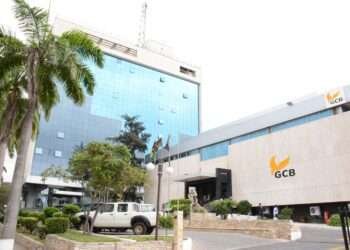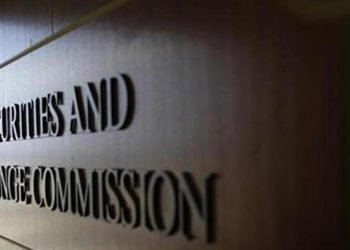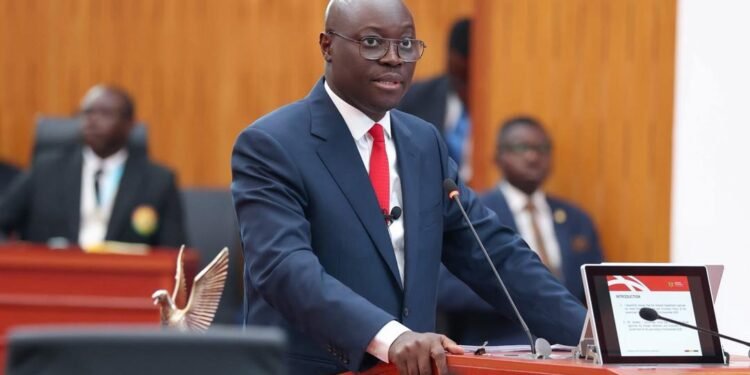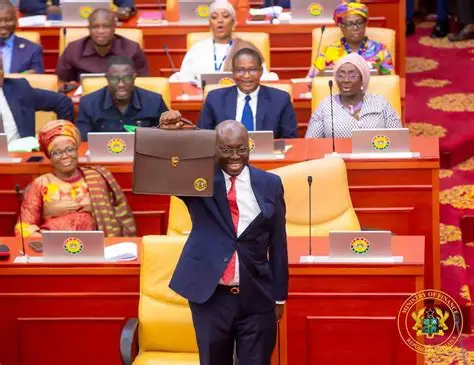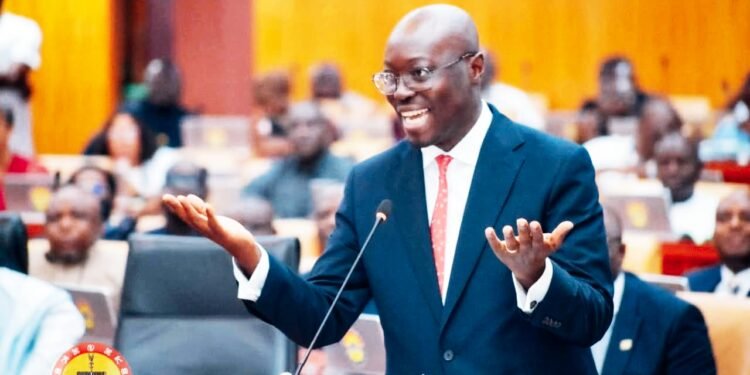The Securities and Exchange Commission (SEC) is moving decisively to regulate Ghana’s forex trading space, a market that forms part of the massive $6.6 trillion traded daily across the globe.
The initiative seeks to establish a clear regulatory framework that will enhance transparency, protect investors, and build public trust in the country’s financial system.
Acting Deputy Director-General of the SEC, Mensah Thompson, revealed that the Commission is already working on drafting the new guidelines. “We are currently developing the guidelines on forex trading and so very soon are going to regulate and license forex traders in this country,” he disclosed. His comments reflect the SEC’s broader ambition to strengthen Ghana’s financial markets while aligning with global best practices.
In recent years, the rise of unregulated forex trading platforms has exposed Ghanaian investors—particularly retail traders—to significant risks, including scams and Ponzi-style operations disguised as forex investment opportunities. To tackle this, the SEC is not only preparing licensing requirements but also introducing mechanisms for easy verification of legitimate operators.
Mr. Thompson explained that the Commission is developing a short code system that will allow the public to instantly verify whether an investment company or forex trader is licensed. “The purpose of the short code is for easy verification of licensed operators,” he noted, emphasizing that this measure will help reduce the prevalence of fraudulent schemes that have drained household savings and shaken public confidence in financial markets.
Building Confidence and Stability in the Financial System
Market analysts believe that once the regulatory regime is finalized, it will serve as a catalyst for boosting investor confidence. A transparent and well-regulated forex market could expand participation, attract institutional investors, and establish forex trading as a viable asset class in Ghana.
More importantly, regulation is expected to safeguard the stability of the broader economy. By instituting oversight mechanisms, the SEC aims to minimize systemic risks and prevent speculative excesses that could destabilize financial markets. Analysts further argue that increased oversight would harmonize Ghana’s forex market with international standards, thereby encouraging foreign participation and positioning the country as a credible financial hub in West Africa.
The success of the new regulatory framework will, however, hinge not only on oversight but also on public education. Recognizing this, the SEC has highlighted the importance of strategic collaboration with the media. The President of the Ghana Journalists Association (GJA), Albert Dwumfour, praised the SEC’s efforts and pledged the Association’s support in raising financial literacy across the nation.
“We acknowledge the critical work of the Securities and Exchange Commission. We want to recognize SEC as a crucial pillar of our nation’s economic architecture,” he stated. Dwumfour emphasized that the media plays a vital role in bridging the knowledge gap, ensuring that the public is adequately informed about the opportunities and risks associated with forex trading, as well as the importance of dealing with licensed operators.
A Step Toward a Safer Forex Environment
While forex trading offers high potential returns, it remains inherently risky due to its volatility and speculative nature. In Ghana, the lack of regulation has amplified these risks, leaving retail traders vulnerable to predatory actors. By implementing structured guidelines, the SEC aims to create a safer environment that balances innovation with investor protection.
For traders and investors, the development signals a shift toward a more formalized system where only licensed entities will be permitted to operate. This will not only deter fraudulent activity but also professionalize the sector, ensuring higher standards of practice.
The SEC’s upcoming regulatory framework for forex trading represents a landmark step in the evolution of Ghana’s financial markets. With an emphasis on transparency, investor protection, and collaboration with key stakeholders, the initiative has the potential to reshape perceptions of forex trading in the country.
As the guidelines take shape, stakeholders are optimistic that the reforms will expand participation, attract foreign interest, and fortify Ghana’s financial architecture.
READ ALSO: Zelenskyy Slams Russia’s Attacks Ahead of Trump Meeting





